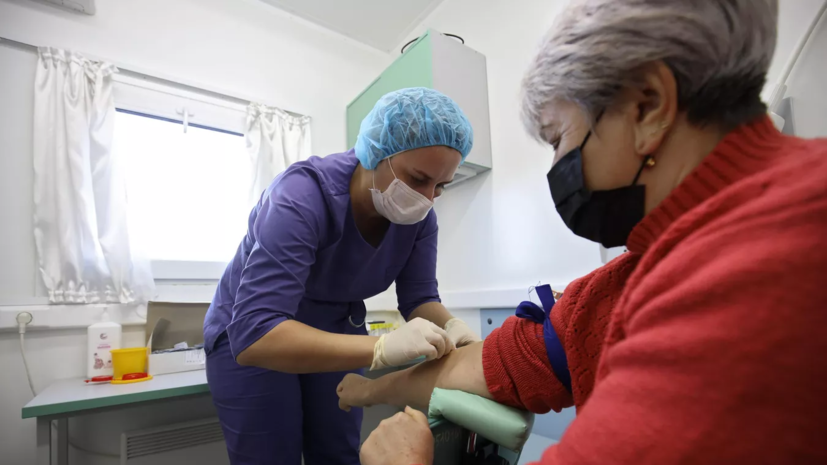“Women should start annual health monitoring from about 18 years of age.
It is important to add that examinations and visits to doctors should be carried out regardless of whether a woman has complaints or discomfort,” explained RT’s interlocutor.
According to him, the list of examinations must include a visit to an obstetrician-gynecologist.
“It is also important to record anthropometric data (height, weight, blood pressure, waist circumference).
An annual ultrasound allows you to detect tumors and begin treatment in the early stages.
This research method in women is used to study the conditions of the pelvic organs and mammary glands (up to 40 years).
After 40 years, mammography is recommended,” the therapist said.
It is also recommended that women over 21 years of age undergo a cervical examination once a year in order to track cancer in the early stages.
In addition, everyone needs screening for infections, the therapist warned.
It is noted that it is important for women aged 18 to 35 to engage in regular physical activity, sleep quietly and sufficiently, and eat a balanced diet.
“And if during this period a woman does not plan pregnancy and childbirth, she has no complaints, then the annual examination may be limited to the above procedures,” said the specialist.
At the age of 35 to 45 years, the body begins to rebuild, metabolism decreases, losing weight becomes more difficult, and blood sugar may increase, the doctor added.
“Collagen production decreases, which affects the condition of the skin and muscles.
At this age, it is imperative to have a general blood test every year to monitor cholesterol and lipid levels, a mammogram, ECG, X-ray of the lungs and densitometry (bone density analysis),” the expert advised.
About once every three years, gynecological examinations should be carried out to check for the presence of cancerous and precancerous cells, as well as studies on blood sugar levels, Ryabkov recommended.
Over the age of 45, a woman is most susceptible to the appearance of benign formations - cysts, fibroids.
“Therefore, you need to regularly, preferably annually, have a Pap smear, a test that can help identify cancerous and precancerous cells in the cervix.
It is also important to undergo tests to identify a predisposition to diabetes, a colonoscopy, examination of all suspicious moles, as well as examine the heart and thyroid gland,” Ryabkov concluded.
Earlier, neurologist, candidate of medical sciences, expert of the Gemotest laboratory Ekaterina Demyanovskaya told RT in a conversation what autoimmune diseases can develop after ARVI, as well as how to recognize them and not miss them.

